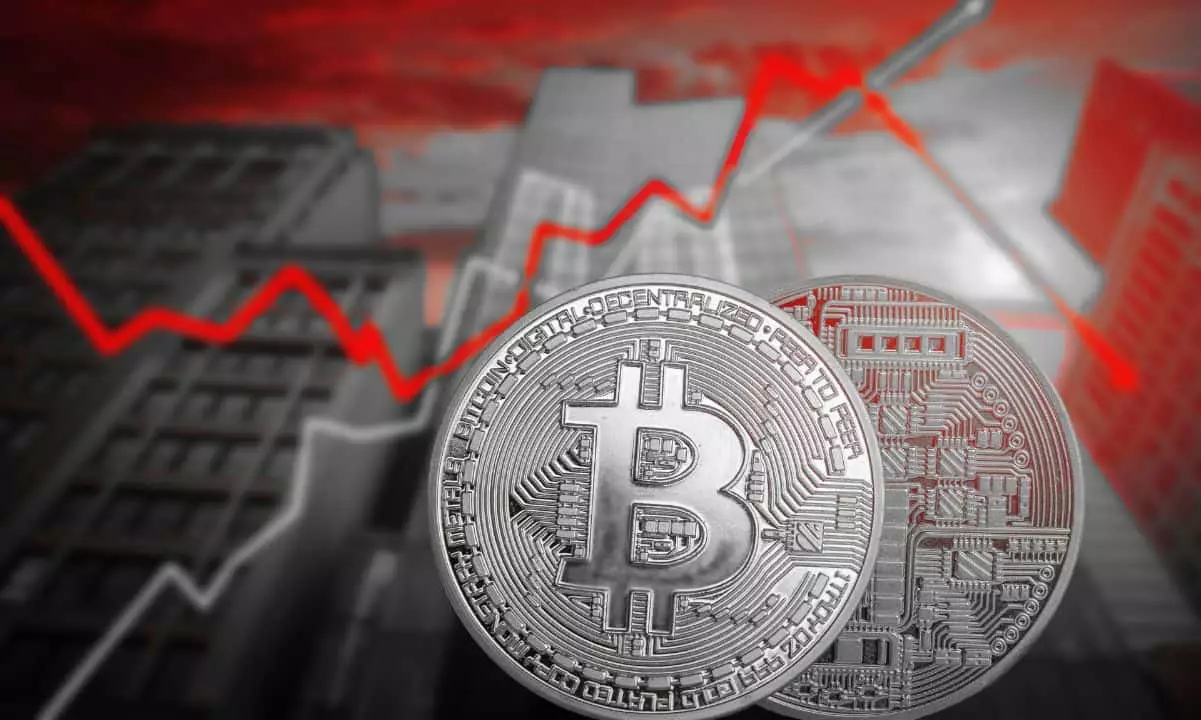The year 2025 has thrust the global economy into a state of flux, with the reverberations of President Trump’s newly enacted import tariffs felt far and wide. Having revitalized trade talks with a fervor unseen in years, his administration’s emergency powers to impose these tariffs have created both opportunities and challenges. Amidst this economic quagmire, Bitcoin emerges not merely as an investor’s speculation tool but as a potential sturdy vessel for value preservation in uncertain times. While the financial fabric of markets typically woven with stocks, bonds, and commodities shivers under the weight of inflationary pressure and slow growth, Bitcoin’s unique characteristics set it apart.
Correlation Shift: A Double-Edged Sword
Analyzing the correlation dynamics between Bitcoin and traditional assets reveals an interesting twist in 2025. Initially, as the trade war drummed up fervent rhetoric, Bitcoin exhibited a negative correlation with equities, reaching a low of -0.32 by late February. This shift signified a momentary detachment of Bitcoin from traditional markets, hinting at its capacity to serve as a hedge against market volatility. However, as fear and uncertainty bled into investor sentiment, Bitcoin’s correlation flipped, climbing to a notable 0.47 by March. Such fluctuations underscore the dual nature of Bitcoin: capable of functioning as a risk asset in troubled times while also asserting itself as a refuge when the traditional markets face sudden tremors.
Gold’s Declining Influence
Moreover, the interplay between Bitcoin and gold—historically regarded as a ‘safe haven’—has undergone notable changes. With Bitcoin increasingly reflecting a risk-on sentiment, its correlation with gold has turned negative, suggesting that it may no longer be shackled to the weighty expectations that govern gold prices. This evolution of Bitcoin’s market position indicates a transition towards a more autonomous asset class, able to redefine concepts of storage of value without the baggage often carried by gold. The resilience displayed by Bitcoin during these tumultuous moments presents an opportunity for investors to reconsider its place in strategic asset allocation, particularly as the sentiment surrounding inflation persists.
Long-term Holders Signal Confidence
Investors who opt to hold onto their Bitcoin amid unsettling economic conditions are sending clear signals of their unwavering conviction in its value. Unlike traditional equities that can be sold off during panic, the behavior of long-term holders in the crypto space exhibits a steadfast dedication. Even as the crypto market experiences upheaval, the enduring commitment of these hodlers reveals an emerging narrative: Bitcoin is not merely a product of hype; it is gradually establishing itself as a substantial asset class deserving of serious investor attention. Holding Bitcoin represents an act of defiance against mainstream market pressures, allowing committed investors to anticipate recovery during economic strife.
The Future in a Protectionist World
Given the backdrop of rising trade protectionism and potential stagflation, the trajectory of Bitcoin remains uncertain yet promising. Investors must stay vigilant, as the market responds to ongoing developments in trade policy and inflation indicators. Particularly compelling is the possibility of the Federal Reserve trimming rates to counter high inflation, which could inadvertently elevate Bitcoin as a highly competitive store of value amidst conventional fiat currencies. This condition posits that if Bitcoin can reclaim its historical low correlation with equities, it stands a chance to reposition itself as a non-sovereign asset immune to the inflationary tides that are sweeping across traditional financial landscapes.
While Bitcoin’s relationship with traditional markets may fluctuate, its potential to serve as a safe haven amidst the turbulence of 2025 cannot be overlooked. The geopolitical uncertainties and economic challenges ahead will undeniably reshape investor perceptions. As such, Bitcoin may become not just a speculative asset but an essential player in the evolving narrative of global finance, challenging established norms and redefining the concept of value preservation in a world where certainty becomes a rare commodity.

